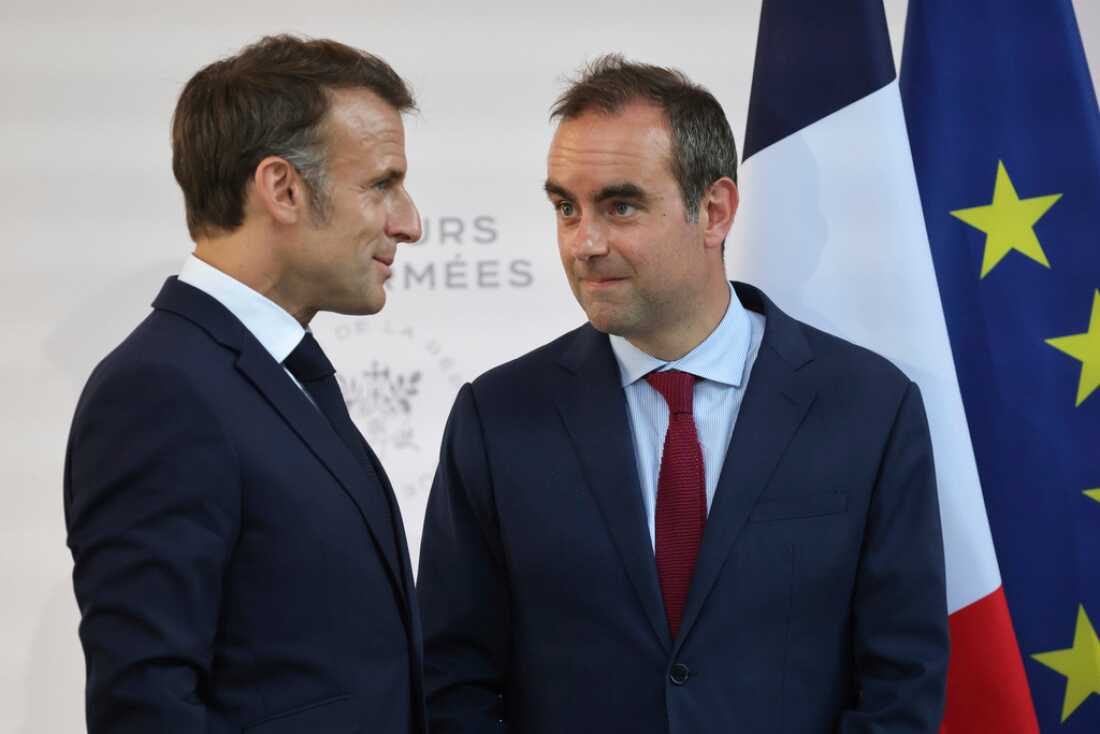French President Emmanuel Macron has reinstated Sébastien Lecornu as prime minister, mere days after Lecornu resigned, in a bid to overcome the ongoing parliamentary deadlock and secure passage of the 2026 national budget.
Lecornu, a loyal ally, now faces the urgent task of presenting a budget proposal to a highly divided parliament by Monday.
This is Lecornu’s second appointment within a week and the fourth government collapse within a year, displaying a level of political instability unseen since the establishment of the Fifth Republic in 1958.
The situation arose after Macron’s decision to call early legislative elections last year, which resulted in a hung parliament split among centrists, left-wing factions, and the far-right National Rally. No single party commands a majority, making consensus on critical fiscal measures elusive.
At the heart of the crisis is France’s ballooning budget deficit, forecast to reach 5.4% of GDP this year—nearly double the European Union’s limit. Macron’s administration has proposed spending cuts and tax reforms to curb public debt, but has faced stiff resistance.
Left-wing parties insist on the repeal of recent pension reforms that raised the retirement age and demand higher taxes on wealthy citizens, positions strongly opposed by conservative factions. In a rare concession, Macron suggested postponing the rise of the retirement age to 64 until 2028, but this failed to satisfy environmental groups and the left.

The reappointment of Lecornu risks inflaming political rivals. Leftist and far-right parties, sidelined from recent talks, have threatened to challenge Lecornu with motions of no confidence. Socialist leader Olivier Faure stated they are “not afraid” of dissolving parliament, a stance that could lead to protests or prompt snap elections. Such elections, though unpredictable for Macron’s centrists, might strengthen far-right representation.
This protracted political instability is already weighing heavily on the French economy. Analysts estimate that uncertainty has shaved 0.2 to 0.3 percentage points off growth this year.
Consumer confidence and business investment remain fragile as concerns grow over potential tax hikes and expenditure cuts. French government bond yields have risen relative to German equivalents, showing market apprehension regarding fiscal risks.
If the budget is not approved by the constitutional deadline, France could be forced to rely on emergency legislation to maintain government operations into 2026, perpetuating uncertainty, as happened earlier this year when the government functioned for over a month without a formal budget.

